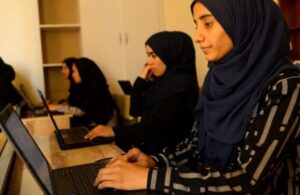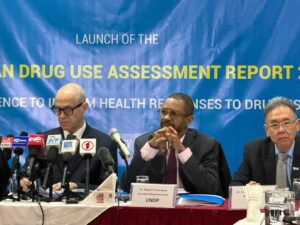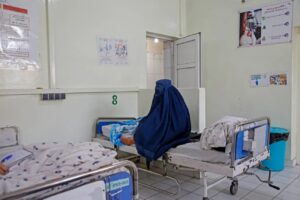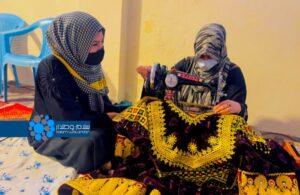MONITORING (SW) – The Food and Agriculture Organization (FAO) has distributed beekeeping packages to 1,500 women in Afghanistan in 2024 year.
These packages were distributed across eight provinces, according to a FAO report published on Thursday, October 3, on its website.
The provided packages included beekeeping equipment, four improved beehives, and protective gear.
The report mentioned that distribution of this assistance has been carried out through the USAID’s “Strengthening Rural Livelihoods and Food Security Programme” in Afghanistan.
Transforming lives in isolated communities
Amina, one of the recipients, was provided with essential equipment, including four improved beehives, protective gear, and training. Previously, she worked as an agricultural laborer, supporting her family on 1.5 jeribs (0.3 hectares) of land, with one cow and five goats.
In the mountainous province of Nuristan, Afghanistan, beekeeping is transforming the lives of women like Amina, a 40-year-old widow from Bargimatal district. After the loss of her husband, Amina became the sole provider for her four children – two sons (8 and 12) and two daughters (6 and 14) – facing immense challenges due to limited access to land, harsh weather, frequent droughts, and economic instability.
Despite these hardships, Amina was determined to support her family and inspire other women in her community. The village of Bargimatal Gharbi, where she resides, has long struggled with agricultural and livestock difficulties, making it harder for families to sustain themselves. Yet Amina refused to let these obstacles defeat her; she sought a new opportunity in beekeeping.
Nuristan’s rugged terrain and rich biodiversity provide an ideal environment for honeybee populations, featuring various habitats like mountainous areas and forested valleys. Amina’s village is abundant in wild plant species, which supports successful honey production and contributes to ecological balance and local economies, FAO reported.
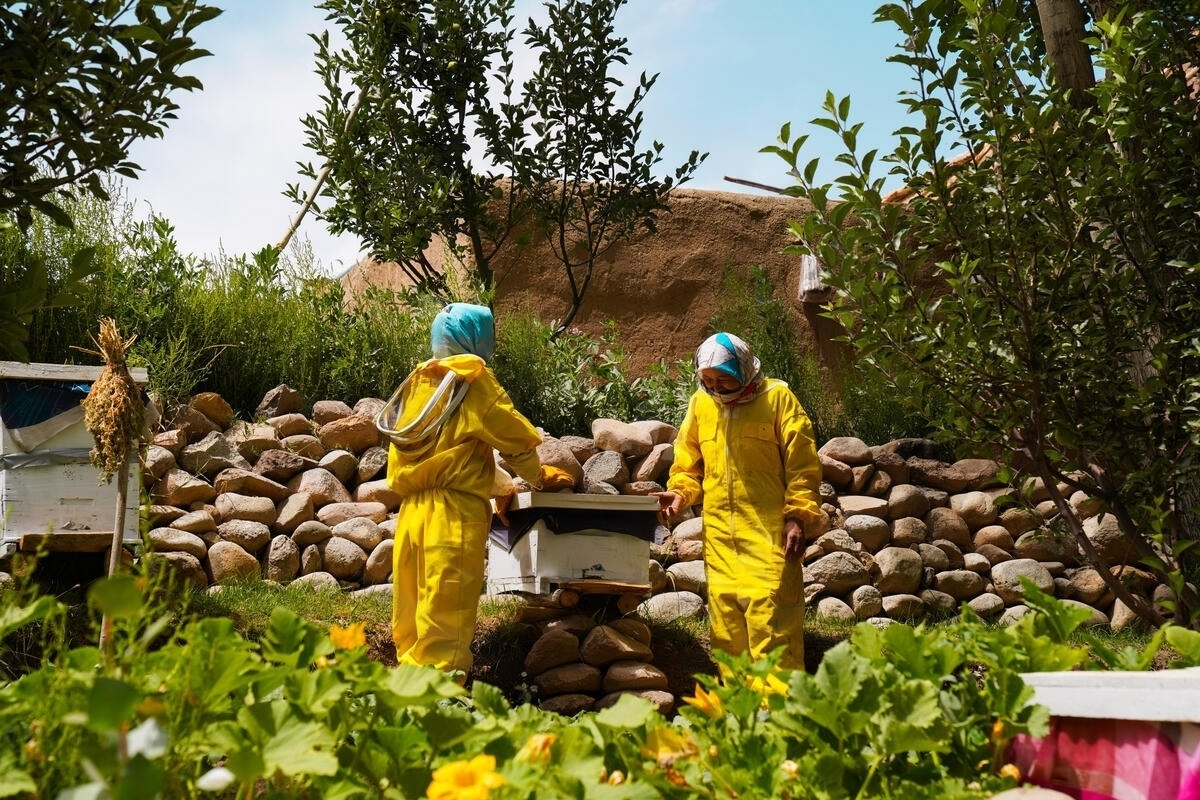
“I was in a very bad economic situation compared to other village women and families,” Amina told FAO. “I struggled to provide proper food for my children. I was excited when I learned I would receive support to start a beekeeping business.”
“At first, I thought beekeeping would be very difficult. I was nervous, and my children were scared too. I wasn’t sure if I could handle it. But now, it feels quite normal. I’ve learned a lot, and it’s true that ease often comes after facing difficulties,” Amina shared her experience.
FAO further mentioned that another 1,500 women-headed household will receive the same package in 2025.
The impact of beekeeping on Amina’s life has been remarkable. Income from honey sales now allows her to provide for her family and plan for a brighter future. Her success has inspired other women in her village to consider beekeeping as a way to improve their own lives.
“Many women ask me where I got the honeybees,” she said. “They want me to show them how to start, and if I find the resources, I will help them.” Amina Said
In just three months, Amina harvested 28kg of honey from her four beehives. She sold most of it in the local Bargimatal market, where her natural, high-quality honey fetched 400 Afghanis (USD 6) per kilogram, according to FAO report.
Amina hopes to expand her beekeeping business and increase the number of hives, aiming for additional income to cover household expenses and improve her family’s quality of life. She also looks forward to continuing technical support, including sugar for winter feed and medicine for the bees if necessary.

